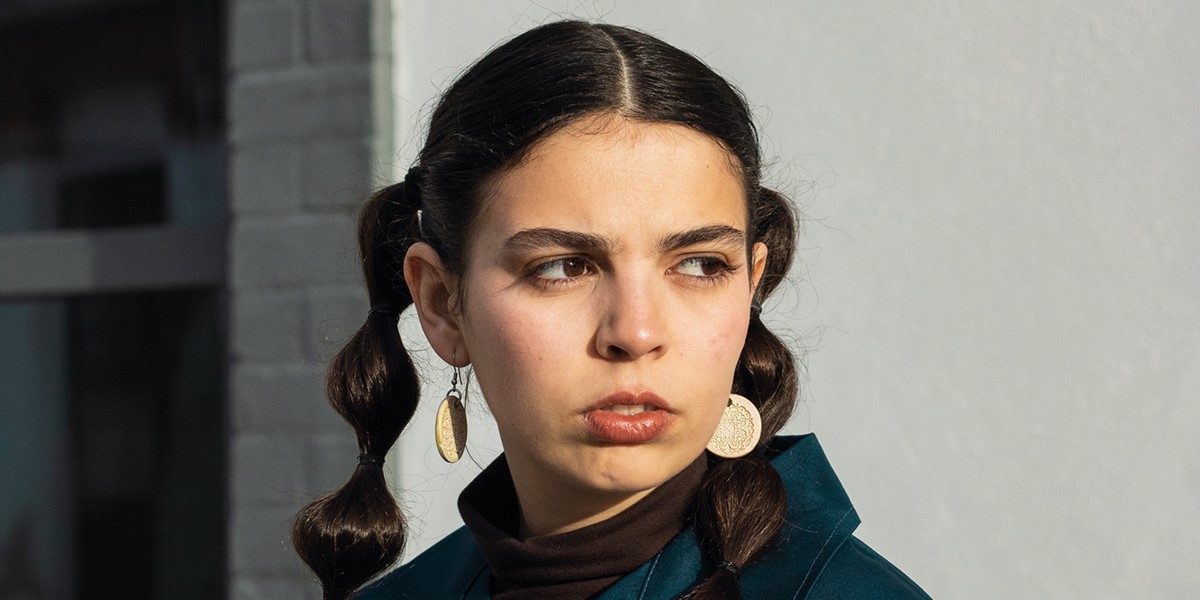Thursday, May 9, 2024
Introducing... Ana Lua Caiano
After years of listening to traditional music and protest songs, Björk and Portishead, one of Portugal’s most exciting new singers tells Gonçalo Frota how she created a world all her own

Ana Lua Caiano (photo: Teresa Com Certeza)

Register now to continue reading

Thanks for visiting the Songlines website, your guide to an extraordinary world of music and culture. Sign up for a free account now to enjoy:
- Free access to 2 subscriber-only articles and album reviews every month
- Unlimited access to our news and awards pages
- Our regular email newsletters

